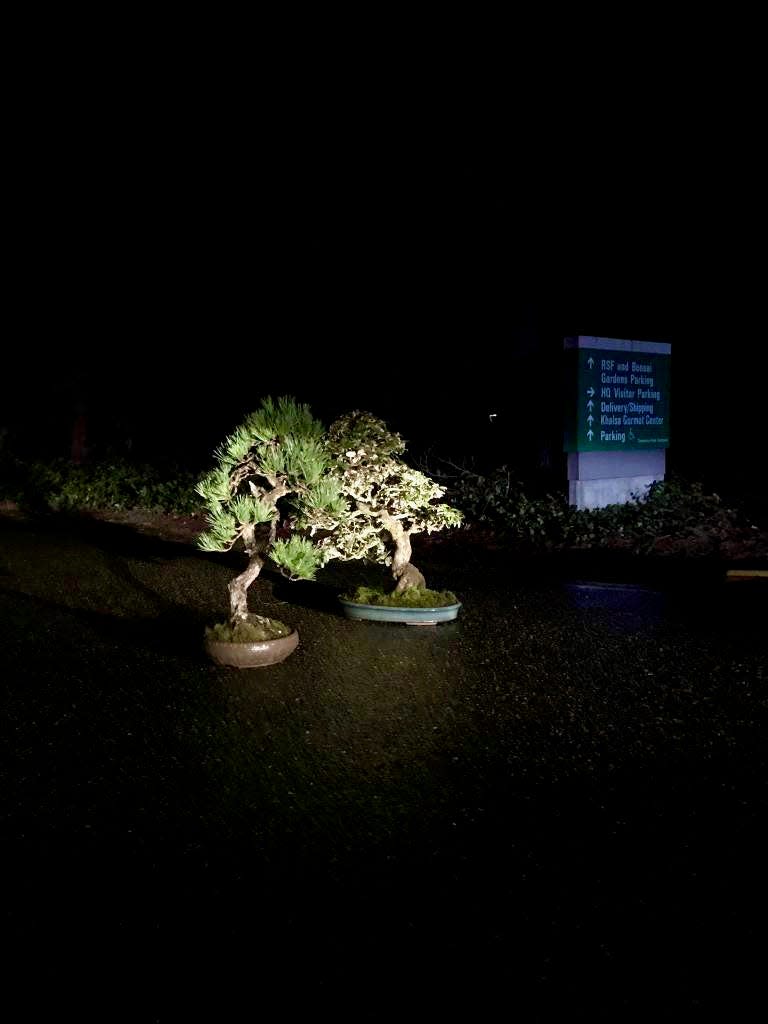'Priceless treasures': Stolen bonsai trees returned after social media plea, museum says

The bonsai tree started its life in a tin can, tended by a Japanese-American man incarcerated in a World War II internment camp. On Sunday, its caretakers feared it would soon die at the hands of thieves.
Pacific Bonsai Museum in Washington state put out a call on social media asking for help, saying the tree was among two bonsai trees that had been stolen over the weekend. Without proper daily care, the historic trees would die, the museum said.
The local media attention turned into national attention. And then less than 72 hours after the seven-decade old trees vanished, they reappeared – sitting in the rain on a road leading to the museum.
Japanese couple to bonsai thieves: Please water 400-year-old plant worth over $50,000
'Relieved and thankful': Cypriot thief tells tourist where to find son’s stolen ashes
“We’re feeling so grateful," Kathy McCabe, the museum's executive director, told USA TODAY on Wednesday. The trees “belong to our community ... (it's) great to have them back.”

McCabe isn't sure what would motivate someone to steal the trees, which she described this week as "priceless treasures" in an interview with NPR. They might have wanted to sell them or give them away – maybe they wanted to care for a bonsai tree.
While one tree did sustain minor damage, the end result is a relief to the museum.
In a Sunday post about the theft, curator Aarin Packard wrote: “This is a tremendous loss, not only to our collection but there is a strong likelihood that the trees will perish. These trees have been cared for every day for more than 70 years, and if that daily care doesn’t continue the trees will die."
The trees, with the proper care, could live hundreds of years more, McCabe said.
This article originally appeared on USA TODAY: Stolen bonsai trees returned in Washington, Pacific Bonsai Museum says

